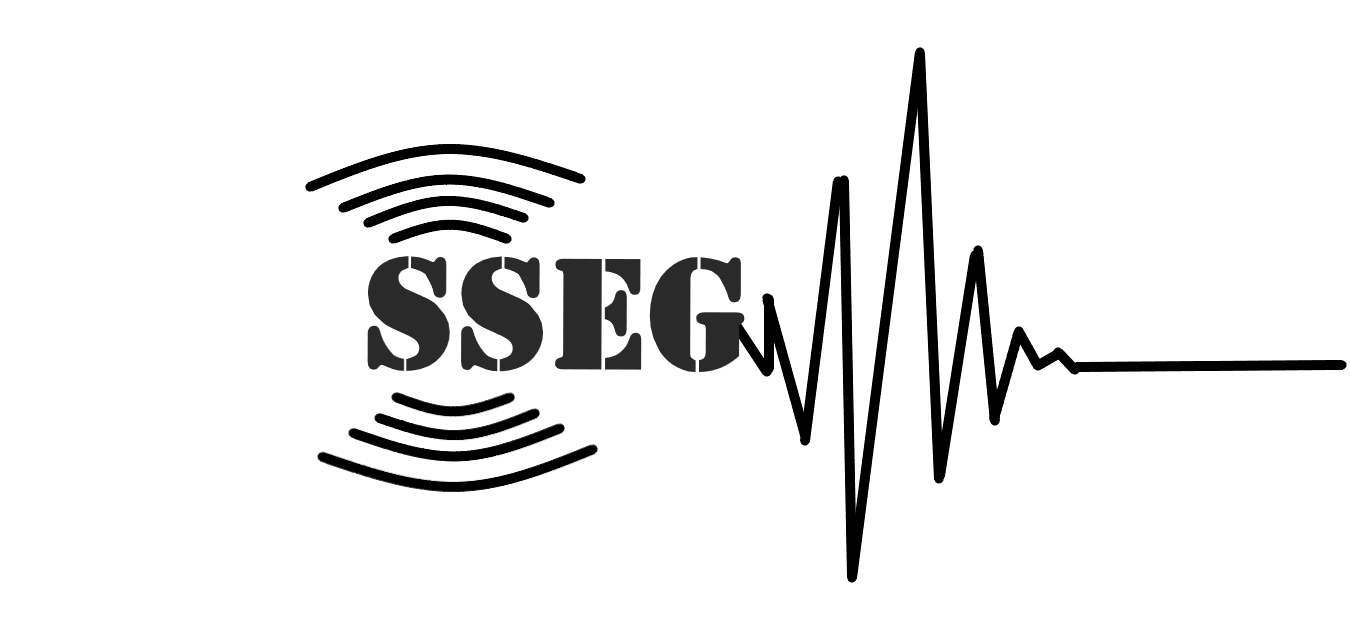Theme / Problem Statement: Ground motion characterization and performance-based earthquake engineering
Research Objectives:
- Developing Torsional Spectra for Seismic Design
- Developing Rocking Spectra for Seismic Design
- Developing Vertical Spectra for Seismic Design
- Developing a Modal Combination Rule for Multicomponent Seismic Excitations (three
translational and three rotational)
Methodology: The methodology involves following six tasks.
Task-1: Selection of Recorded Ground Motion and Construction of Bins
Task-2: Construction of Design Horizontal Spectra
Task-3: Construction of Design Vertical Spectra
Task-4: Extraction of Torsional Ground Motion and Construction of Design Torsional Spectra
Task-5: Extraction of Rocking Ground Motion and Construction of Design Rocking Spectra
Task-6: Possible Implementation of Modal Combination Rule for Multicomponent Seismic Excitations
Expected Outcome and Deliverables of the Project:
Recommendations to Standards (BIS) for possible inclusion of:
a) Design vertical spectra
b) Design torsional spectra
c) Design rocking spectra
d) Six-component modal combination rule
Publication out of this Project:
- Sriwastav, R.K., Basu, D. Rotational spectra consistent with horizontal seismic hazard. Bull Earthquake Eng (2024). https://doi.org/10.1007/s10518-024-02043-3
PDF - Sriwastav, R.K., Basu, D. Selection and scaling of 3-component ground motion suite for scenario- and intensity-based assessment of buildings and structures. Bull Earthquake Eng (2023). https://doi.org/10.1007/s10518-023-01623-z
PDF - Sriwastav R.K. and Basu, D., 2022, Vertical spectra consistent with horizontal seismic hazard, Soil Dynamics and Earthquake Engineering, Vol 157, Pg 1-26.
PDF - Sriwastav, RK. and Basu, D. (2022). “Characterisation of design spectra for vertical ground motion.” International Journal of Earthquake and Impact Engineering.
PDF - Gurjar, N., Basu, D. On the declustering methods of seismic catalogue — an application over Indian subcontinent. J Seismol (2022). https://doi.org/10.1007/s10950-022-10105-9
PDF - Gurjar, N., Basu, D. Epistemic Uncertainty in PSHA and Seismic Hazard Characterization Using the Logic Tree Approach: Part I, Developing the Framework. Pure Appl. Geophys.(2022). https://doi.org/10.1007/s00024-022-03143-4
PDF - Gurjar, N., Basu, D. Epistemic Uncertainty in PSHA and Seismic Hazard Characterization Using the Logic Tree Approach: Part II, Implementation over North-East India. Pure Appl. Geophys. (2022). https://doi.org/10.1007/s00024-022-03148-z
PDF - Basu D, Vats F, Panchal A. Multicomponent directional-cum-modal combination rule for seismic analysis: theory and illustrations. Earthquake Engng Struct Dyn. 2022;1–27.
PDF - Rodda, G.K., Gurjar, N. and Basu, D., 2021. Phase-structure in conditional simulation of spatially varying ground motion and possible influence on structural demand. Journal of Earthquake and Tsunami, p.2250003.
PDF

